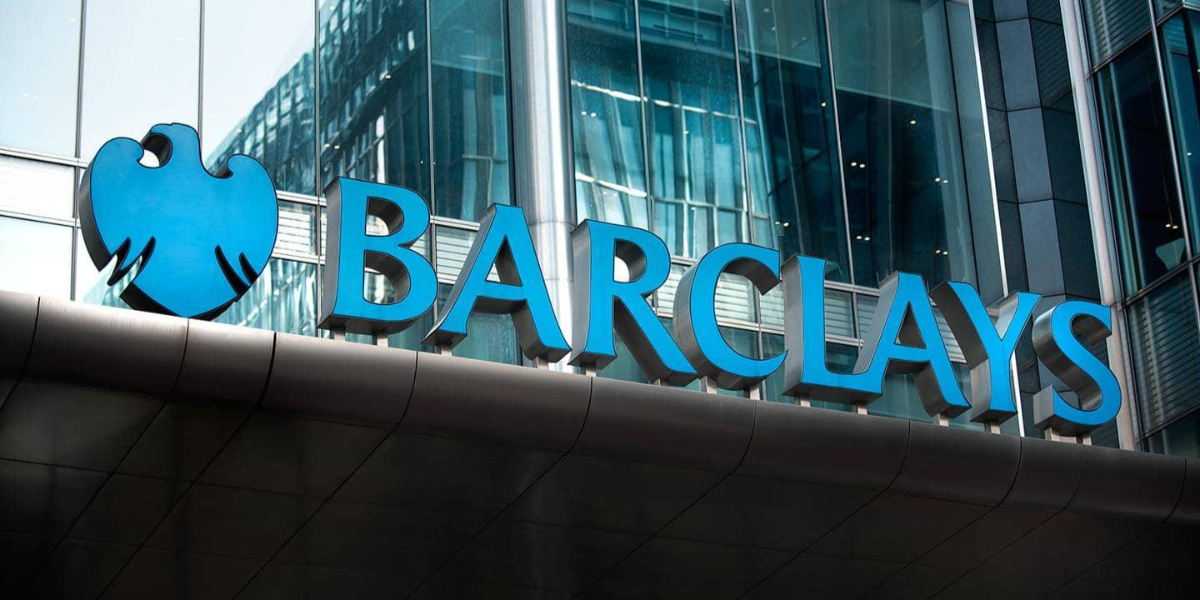- Barclays intends to pay approximately £2.3 billion for Kensington Mortgages.
- The British bank will also buy Kensington’s £1.2 billion home loan portfolio.
- Kensington is a specialised mortgage lender that concentrates on offering residential property loans through brokers.
Barclays has agreed to acquire specialist UK mortgage lender Kensington from private equity companies Blackstone and Sixth Street in an effort to extend its mortgage market footprint.
As part of the acquisition, the British bank will also buy Kensington’s £1.2 billion home loan portfolio.
Read More: Capricorn shareholder opposes $1.4 Billion Tullow merger
Barclays intends to pay approximately £2.3 billion if the purchase closes in December and Kensington’s mortgage book contains approximately £2 billion in loans at that time.
Several bidders, including Starling Bank, participated in an auction that led to the sale, according to persons with knowledge of the issue.
The move is in response to intense competition in the UK mortgage market and rising interest rates, which are boosting the profitability of lenders.
Kensington, which has its headquarters in Maidenhead, is a specialised mortgage lender that concentrates on offering residential property loans through brokers to individuals who may have difficulty borrowing from large high street banks, such as the self-employed.
Investec was the owner of the lender until 2014 when it was sold to private equity.
Matt Hammerstein, the chief executive officer of Barclays Bank UK, stated that the transaction “reinforces” the bank’s commitment to the UK residential mortgage market and “presents an exciting opportunity to broaden our product range and capabilities.”
Read More: DoorDash and Loblaw join rapid delivery rivalry
About 70% of Kensington’s mortgage portfolio is owner-occupied, while 30% is an investment property. The portfolio’s average loan-to-value ratio is 77%.
Barclays expects the transaction to close in the fourth quarter of this year, at which point its common stock tier one ratio, a crucial indicator of financial health, will decrease by around 12 basis points.

















